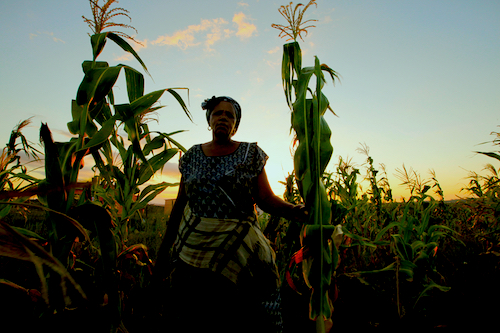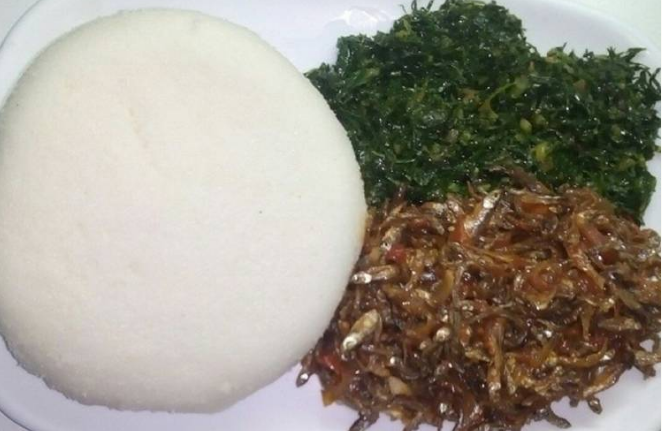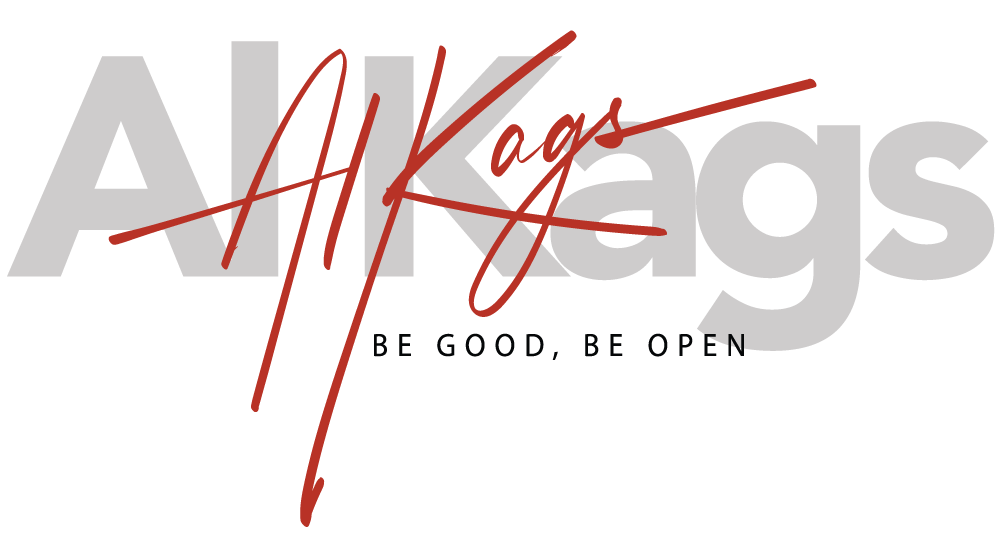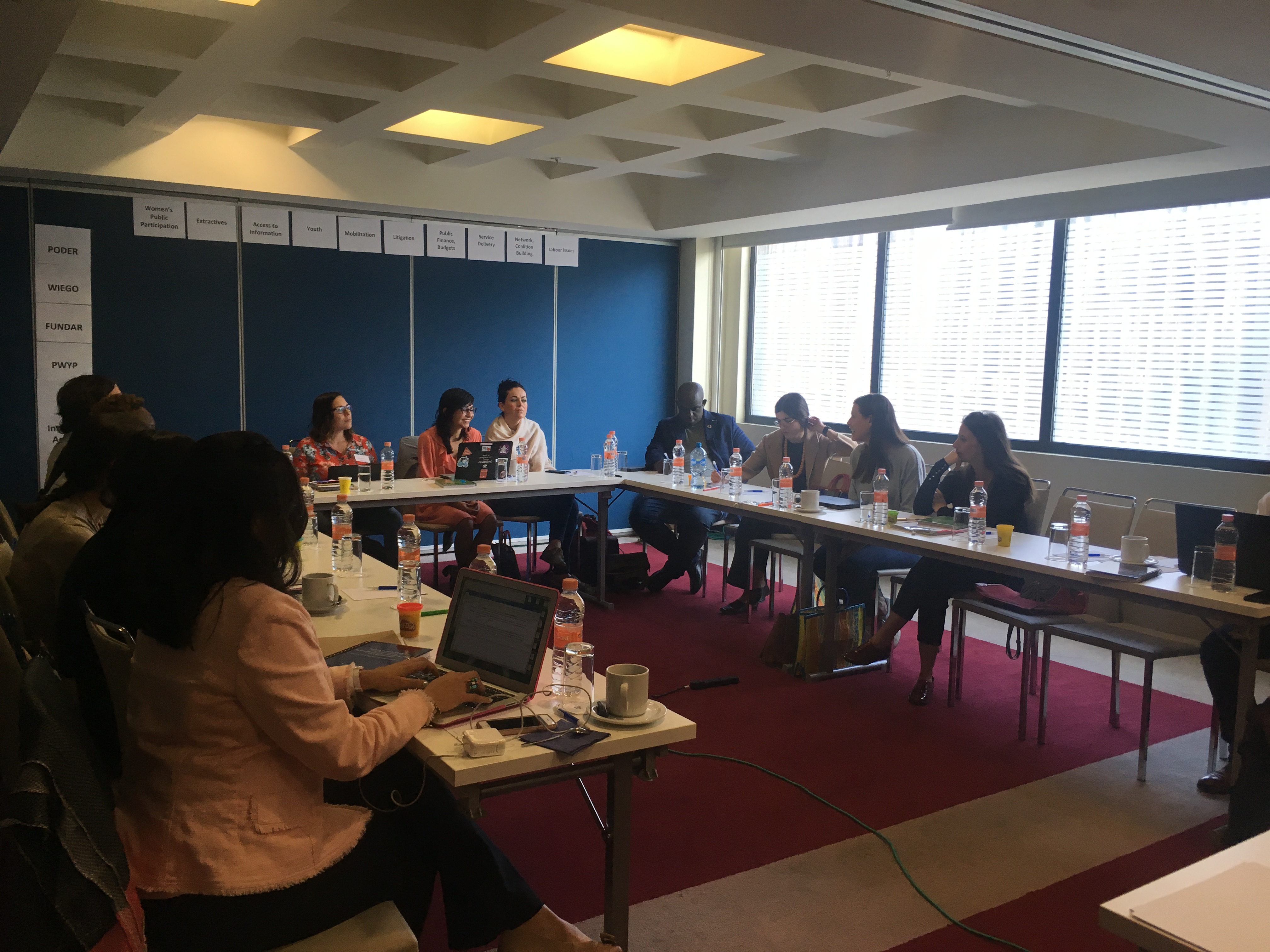The story of Mama Furaha and her group (Kilifi County).

There are people who live in Kenya but don’t exist. Mama Furaha is 40 years old this year – at least that is her estimate because she is not exactly sure which day she was born. She doesn’t look 40 – more like a spry 60. She is a short, compact woman, who wears a ready smile and gesticulates her calloused hands as she speaks. Her feet are cracked from the walking that she does, mostly barefoot or with barely fitting, well worn sandals.
(Picture not hers)
Mama Furaha tells me that she is happily married to a man just a few years older than her and they have eight children. The oldest child, a daughter named Shida (which means problems in Kiswahili), is about 17 years old (again not exactly sure) and has been married these last two years to a young man that she was in school with. Shida dropped out of school when she was about 14/15 years old because she got pregnant and the community insisted that the young man take charge of the new family. She was in year three when she dropped out and her then 17-year-old-ish husband was in year seven.
Mama Furaha’s youngest child, Furaha (which means happiness), is 5 years old. They may or may not be finished giving birth, Mama Furaha laughs. “It’s all in God’s hands,” she quips. “Na family planning, je?” I enquire. No. We don’t do that here, came the firm answer.
Whereas Mama Furaha’s husband is the defacto breadwinner of the home, his role in that position is largely ceremonial. She tends the small shamba that they own in Ganda ward, Kilifi County, growing vegetables like amaranth, which sort of grows wildly here. When she harvests, she goes and sells the produce in the market and walks back home, where she presents her husband with all of the money – usually about Kshs 500/ 5 USD. Her husband then allocates the money to the home’s priorities as he sees them. This for food, this for school, this for that other pressing need and the rest for his drink. Baba Furaha (the husband) whiles the day away in a Mnazi (palm wine) Den together with other wazee, who live their lives the same way.
Financially Mama Furaha has found a hack. Together with other women in her community, they have a table banking chama (group), at which they meet every week to save a little money for future needs. This is how she does it. Mama Furaha does not present her husband with the entire day’s takings. Instead, she puts aside a little money – usually Kshs 50 (50 US Cents) which she saves with her chama. Any windfalls that she encounters while out in the course of her work is also redirected to the savings. At the end of the year, they open the box (literally break the bank) and take their savings. They use the money to do capital intensive projects for the family – change the roof of the house, pay fees for the kids for the year, etc.
Neither Mama Furaha nor her husband have Kenya’s ID card. None of their children have birth certificates as they were born at home. They were all vaccinated at the Malindi Sub-County hospital as babies but “no one ever asked for their birth certificates.” After all, she noted, without IDs of their own, can they really do much in the way of registration of their children?
“Ah!” She uttered dismissively, “Lakini si tumeishi miaka hii yote bila vitambulisho? Twala, watoto wanasoma, maisha yana songa!” But we have lived all these years without the ID. We eat okay, the kids have gone to school, life continues!
Mama Furaha has lived through three or four election seasons as an adult. She has never participated.
When I met Mama Furaha, she and her chama friends had just finished a meeting under a tree, which I had the opportunity to observe from a small distance. When the meeting was over, I was introduced to the 15 women and I was able to ask them some questions.
- How many with ID Cards? 3.
- How many with bank accounts? Hearty laughter. None.
- How many with National Health Insurance Fund (NHIF) cards? Perplexed looks in many of them. 2 who had benefited from the Linda Mama programme.
- How many have mobile phones? All
- To whom were the mobile phones registered? A relative in most cases – except for the three with ID cards.
- How many had 2 children or less? None
- How many had 4 children or less? One
- How many had more than 5 children? All except that one.
- How many had more than 6 children? 12.
- How many had more than 7 children? 8.
- How many had more than 8 children? 6
- How many had more than 9 children? 1

So I asked, what they do for a living. All of them work like Mama Furaha, tending the garden in the morning, doing odd jobs or hawking cashew nuts and coconuts in the afternoon. And their husbands are casual labourers, who work some days. The daily income in those households, I learnt was USD 2-3 per day on average. The day they make USD 5, they have fish soup or omena (Sardines) with their Ugali and veggies. On really bad days they have Ugali and a boiled unripe mango soup with salt.
These mamas are not unique in Kenya’s coast – in fact in many parts of the country. Many people are still functionally illiterate and living like it’s 1964
Chris Mwangi, Peer Educator, Malindi
The invisibles
These are are the people that we would like to see taking ownership of their governance, attending citizen participation meetings, holding government to account. When we talk about people being left behind, we often are abstract but for me, these people are more and more real.
These are whole generations of people who are entirely invisible to our statistical systems, they don’t count in our social support systems. How then can our national statistical systems capture them? What interventions have to come into play to ensure that this multi-generational “curse” ends?
LOCATION OF THIS STORY:
Ganda is not far from Malindi town, literally 35 minutes drive – a village just behind the Malindi International Airport. Meeting many of the residents that I did, one might as well be 200km away.




We are all struggling but this here is extreme.